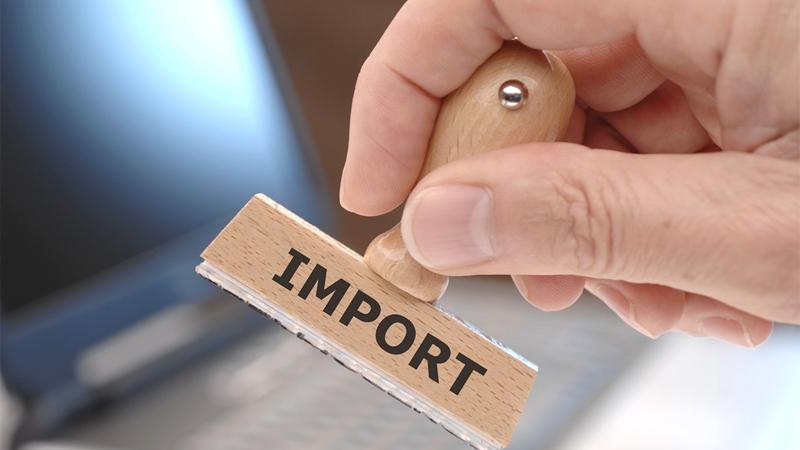
The proposed import licence regime will add to the costs of doing business and increase the net economic losses as the move restricts competition.
The economic inefficiencies will be transferred as costs that will have to be borne by consumers through higher prices, fewer jobs and reduced economic activity adding to the country’s economic woes and paving the way for new black markets and corruption to thrive, Advocata notes.
The introduction of a licensing regime on imports has a negative impact on exports. This is due to some important items needed to produce exports need to be imported and because the profitability of import substitutes increases due to scarcity, the think tank has observed.
Citing research, Advocata’s Academic Chair Dr. Sarath Rajapatirana said a country’s trade strategy must be an export-oriented strategy. Implying equal incentives for export promotion as for import substitution. Therefore, the current policy is counterintuitive. Investments will move away from exports to import substitutes and non-tradable goods sectors. Those who get import licences will make high profits that will also induce what is called “rent-seeking”: A negative aspect of import licensing.
Advocata further notes import restrictions have caused market power to become concentrated among a few players in the supply of commodities such as tiles, rice and maize allowing them to enjoy supernormal profits, to the detriment of SMEs and consumers.
It said costs of creating an import licensing regime include, losses in jobs as businesses will be put out of business, losses in output and misallocated resources. The move tightens the already existing import restrictions on a series of imported goods ranging from electronic goods to fruits such as apples and oranges and that such a system of licensing will have a significant negative impact on an economy facing a severe crisis.
This step is the latest in an ever-tightening list of restrictions that have been imposed over the past two years. There is no evidence to suggest that this latest move will address the problem of the trade deficit any better than the previous policies in the same vein. The authorities still seem to hope that an inflow from tourism will solve the balance of payments problem but current policies are threatening the long term sustainability of the export sector.
For example, restaurants and hotels catering to tourists are finding it difficult to operate due to shortages of cooking gas and power cuts.
Restaurants are unable to get gas to prepare food and have paid a premium to obtain fuel to run generators. Some hotels are already facing cancellations of bookings and are reported to be considering closing down temporarily.
Some garment exporters have been unable to operate due to power cuts and inability to get fuel for generators leading to lost orders.
Foreign buyers are voicing concerns about the reliability of supplies from Sri Lanka which can lead to permanent losses of orders and customers.
The Advocata Institute calls for the immediate revocation of the policy decision. The Government has taken some steps to address the macroeconomic imbalances, this needs to continue and be supported by comprehensive economic reform.
